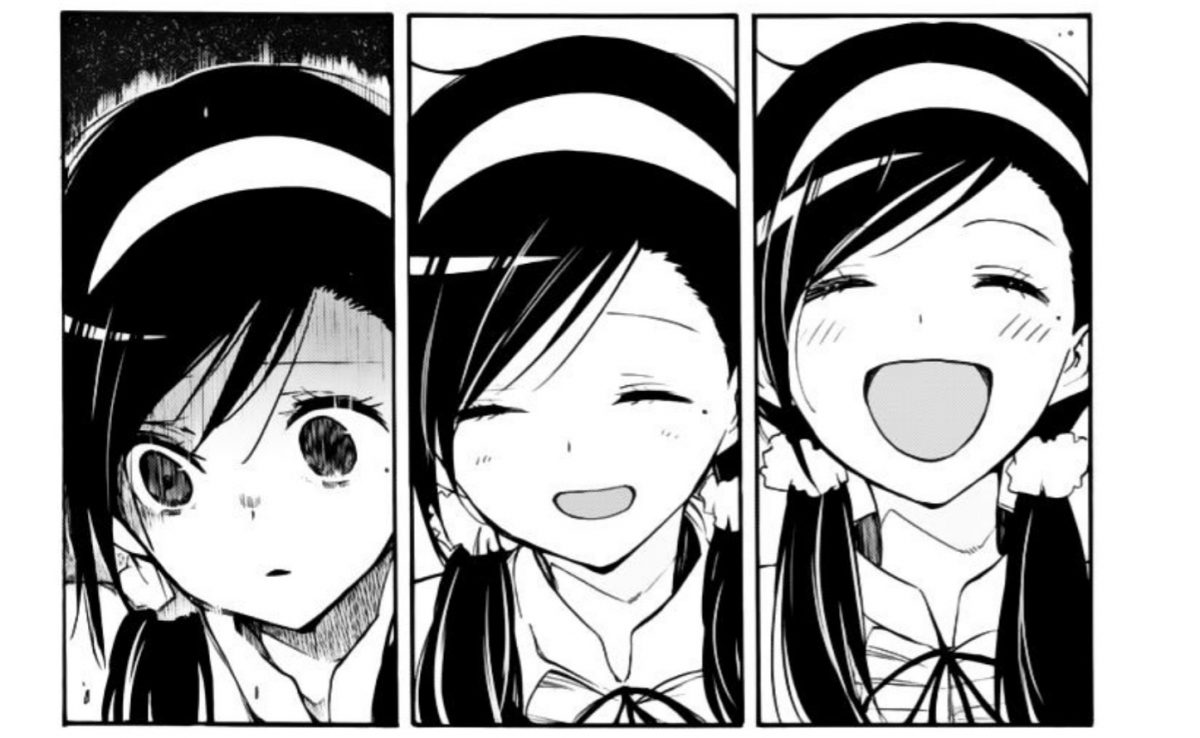Before I started J-List, I worked as an ESL teacher, sharing my native language with Japanese students. One Friday, an American co-worker and I took a new teacher who had just arrived in Japan out drinking, so we could get to know him and start showing him around our city. As we imbibed beer at the izakaya bar that was the popular haunt with the English teacher crowd back in the day, something was nagging at me, reminding me of something I was forgetting to do. Finally, I realized what it was, and I turned to my co-worker. “Dave,” I said to him, fighting back the weirdness that comes from speaking Japanese with another foreigner, “you realize that you and I are senpai now? And you know what that means.” He groaned, but nodded. To the new teacher, Dave and I were senpai, or senior, because we’d been in Japan longer than him, and he was our kohai, or junior. The Japanese social order absolutely required that we go out of our way to guide and help him get used to Japan, and that meant that we had to dig into our wallets and pick up the tab for the night. The social rules were quite clear on the subject, and we had to obey or be in opposition to those rules, which is not a good thing to be in Japan. It’s interesting to note that the new teacher was older than both of us, yet still the time-in-a-place-or-organization took precedence over age.
Yandere Meets Instant Noodles! Anime Marketing with Seiyuu Saori Hayami
Last week X lit up with the hashtag #早見沙織, or #HayamiSaori. Being a huge fan of anime voice actress Hayami...















